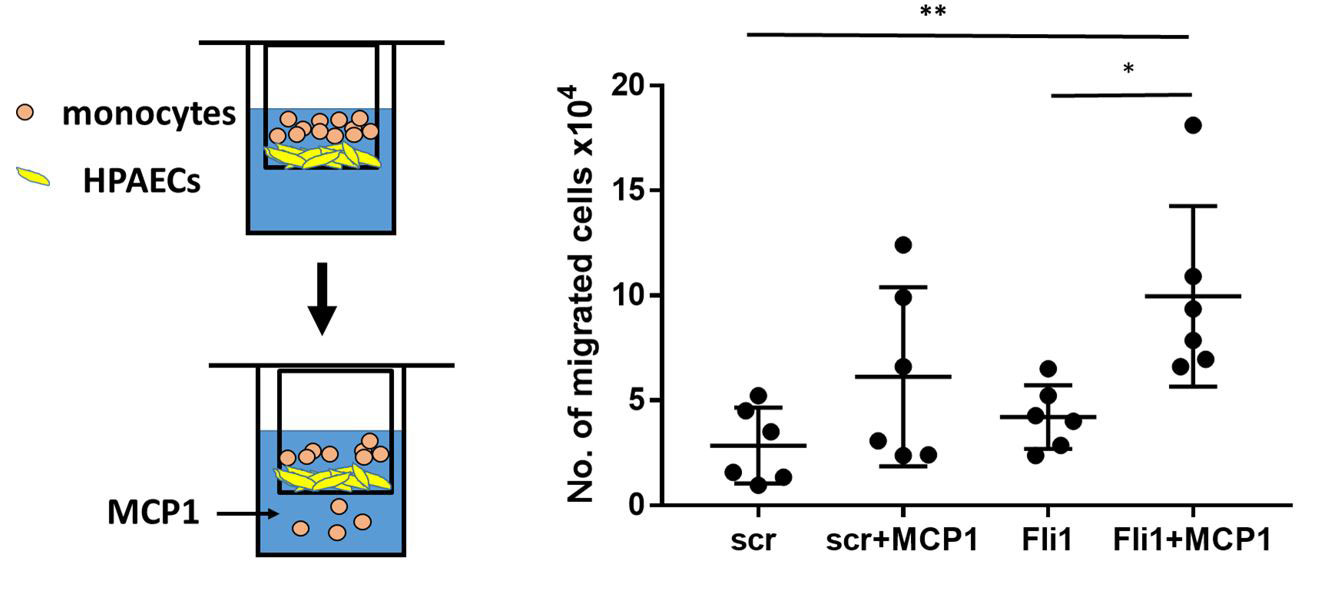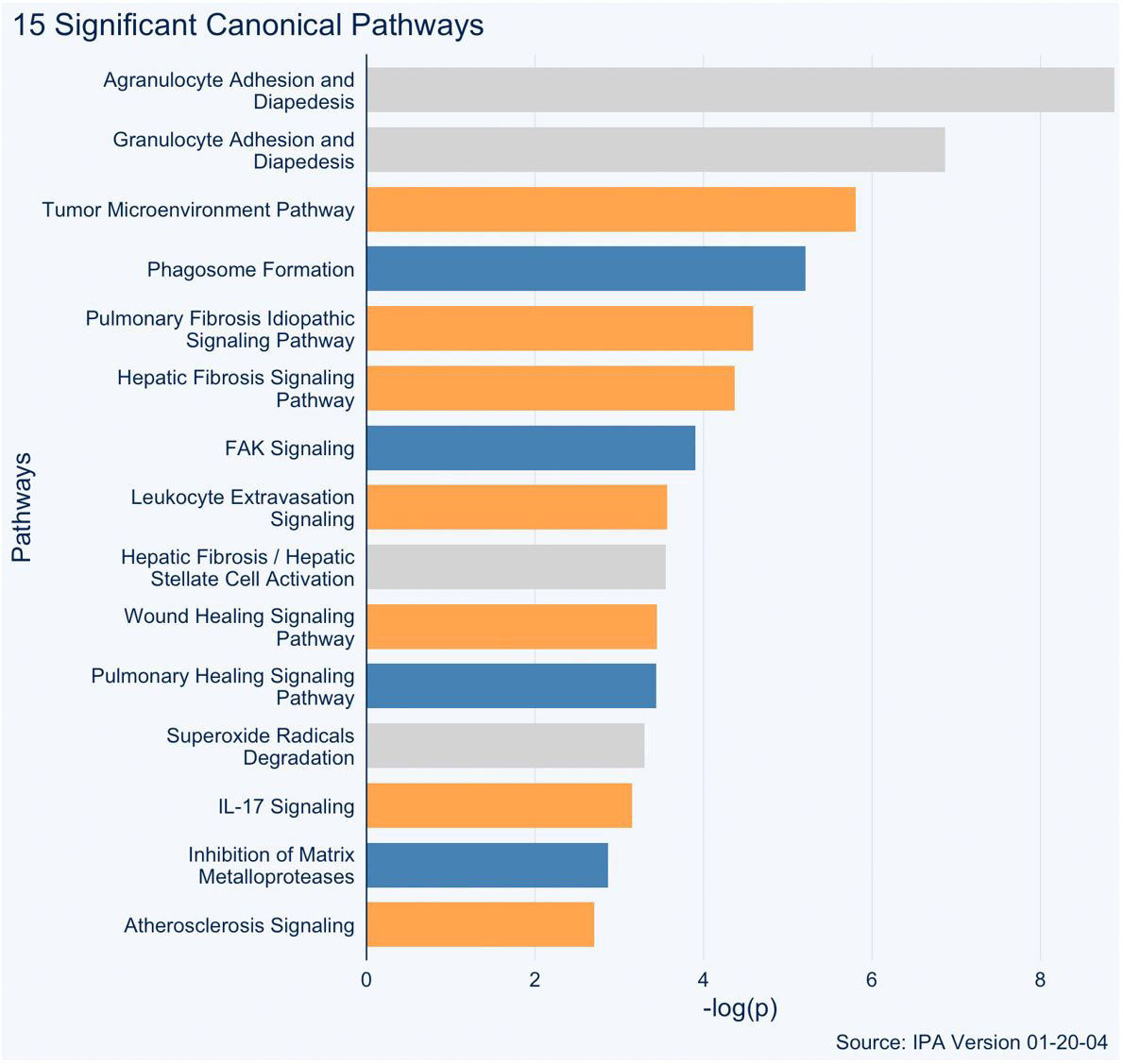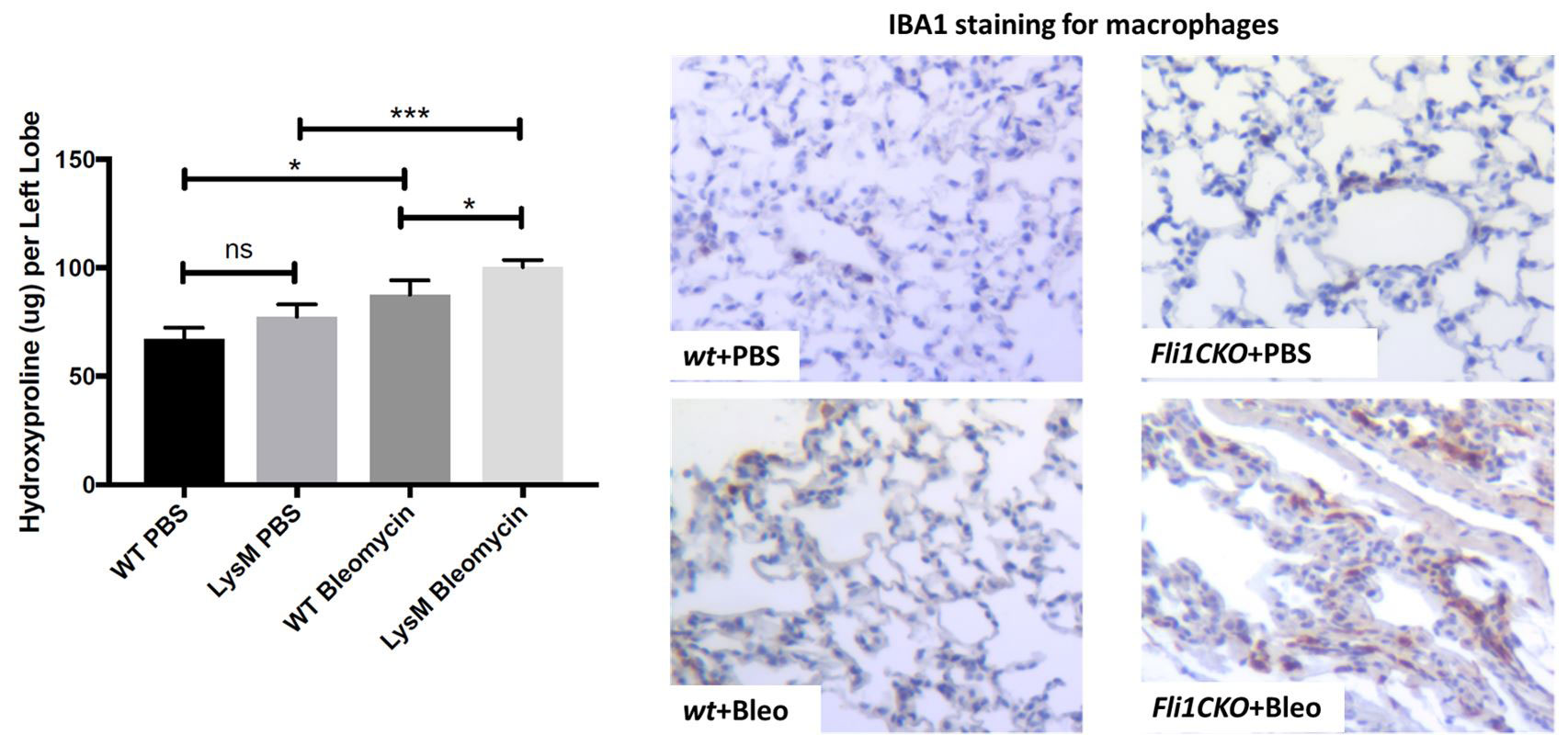Session Information
Date: Sunday, November 13, 2022
Title: Systemic Sclerosis and Related Disorders – Basic Science Poster
Session Type: Poster Session C
Session Time: 1:00PM-3:00PM
Background/Purpose: The mononuclear phagocytic system in Systemic Sclerosis (SSc) is central to fibrogenesis and may contribute to fibrosis via enhanced monocyte migration into injured tissues and differentiation of monocytes into profibrotic macrophages. We recently showed that the transcription factor Fli1 is decreased in SSc monocytes, resulting in a profibrotic phenotype, but the effect of decreased Fli1 on monocyte migration is unknown
Methods: To assess the role of Fli1 in monocyte migration, we used siRNA to downregulate Fli1 in THP1 cells and co-cultured them with endothelial cells in transwell inserts. MCP1 (50 ng/ml) was used as a positive control. 24 hours later, the migrated THP1 cells were counted, and results were recorded. GraphPad Prism 7, and one-way ANOVA, followed by Turkey’s multiple comparisons test were used for statistical analysis. Analysis of our previously published microarray dataset (GSE144625) using Ingenuity Pathway Analysis (IPA) and Gene Set Enrichment Analysis (GSEA) was performed to assess changes in monocyte migration in response to Fli1 downregulation. Bleomycin was used to induce lung fibrosis in previously generated mice with myeloid-specific deletion of Fli1 under the LysM promoter (LysMCreFli1fl/fl) and wild-type (WT) mice. Hydroxyproline assay was used to quantify collagen content and IBA1 staining to assess for macrophage infiltration into lung tissue
Results: Downregulation of Fli1 in monocytes via siRNA resulted in enhanced transendothelial migration, both in the absence and presence of MCP1 compared to control, scr-si treated monocytes (4.2×104 vs 2.84×104 and 9.9×104 vs 6.1×104 respectively, P=0.006, Figure 1). Top canonical pathways identified by IPA showed agranulocyte adhesion and diapedesis, leukocyte extravasation signaling, and fibrosis. The GSEA displayed matching results, revealing enrichment of migration-related pathways including regulation of monocyte chemotaxis and positive regulation of leukocyte migration (Figure 2). Amongst the top upregulated genes were MCP1, KITLG, CCL7, CCR7, CCL8, CXCL10, and CXCL11. Analysis of bleomycin-treated mice showed that compared to WT, LysMCreFli1fl/fl mice had significantly higher hydroxyproline content and an increased number of IBA1-positive cells in their lungs in response to bleomycin treatment (Figure 3)
Conclusion: Downregulation of Fli1 in SSc myeloid cells results in enhanced monocyte transendothelial migration, and increased tissue infiltration. Infiltrating macrophages may further attract circulating monocytes via secretion of promigratory chemokines and contribute to exaggerated tissue fibrosis.
To cite this abstract in AMA style:
Weilg Espejo P, Dinc T, El Adili F, Trojanowska M, Bujor A. Downregulated Fli1 in Systemic Sclerosis Myeloid Cells Contributes to Enhanced Transendothelial Migration [abstract]. Arthritis Rheumatol. 2022; 74 (suppl 9). https://acrabstracts.org/abstract/downregulated-fli1-in-systemic-sclerosis-myeloid-cells-contributes-to-enhanced-transendothelial-migration/. Accessed .« Back to ACR Convergence 2022
ACR Meeting Abstracts - https://acrabstracts.org/abstract/downregulated-fli1-in-systemic-sclerosis-myeloid-cells-contributes-to-enhanced-transendothelial-migration/



